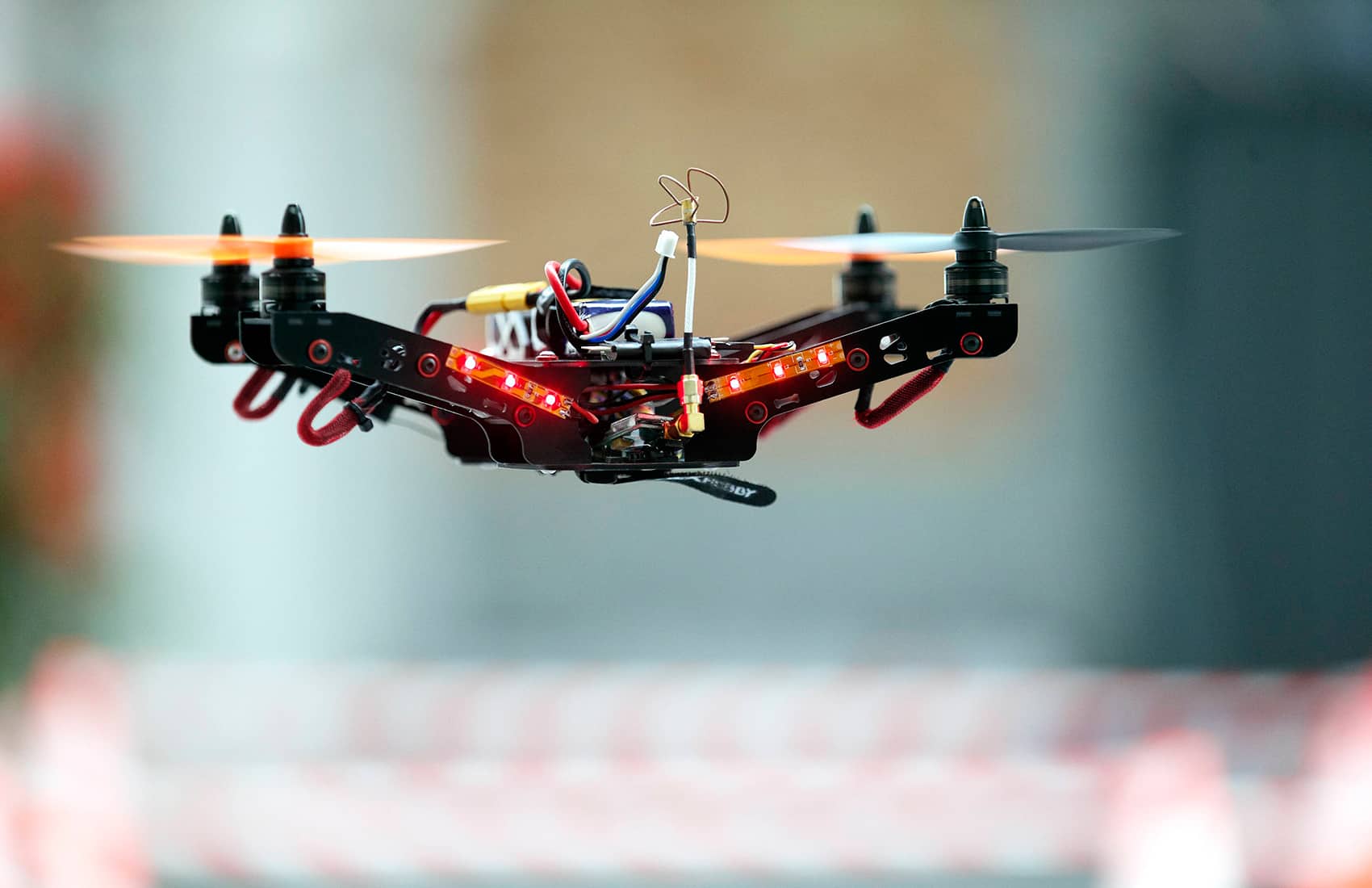When Matt Damon vacationed in Costa Rica last July, a selfie from a drone-mounted camera appeared on the Facebook page of “The Martian” on the beach in Santa Teresa. But after the Civil Aviation Authority announced its new regulations for unmanned aerial vehicles in Costa Rica, some businesses that use drones here are worried that only a visiting Hollywood star will have the money for their services.
The Civil Aviation Authority announced that it would start regulating unmanned aerial vehicles here by the end of the year. The new rules might have trouble getting off the ground though, including one provision that would require businesses to pay more than $1,800 to use them here.
https://www.facebook.com/droneXperience/photos/pb.228150667372171.-2207520000.1442526361./263638287156742/?type=3&theater
The rules extended to drones are based on those for model airplanes that were released on May 8. The directive bans flying:
- Within 8 kilometers of an airport
- Higher than 400 feet
- Any UAV that weighs more than 25 kg
- Out of eyesight of the operator
- In restricted airspace, including protected land, Casa Presidencial, penitentiaries
- In a way that violates someone’s privacy
Drawing a parallel with legal requirements for driving a car, the Civil Aviation Authority said that both private citizens and business would need:
- A $94 UAV license obtained after completing 40 hours of training, including 10 hours of flight time, at a flight school, UAV vendor or fabricator accredited by the Civil Aviation Authority.
- To request permission to fly via the Civil Aviation Authority website (www.dgac.go.cr, in Spanish). Permission would be granted based on a risk assessment of the area and the number of people present.
- A plate identifying the aircraft.
- Insurance.
Any business that uses a drone for commercial purposes would need to pay an additional $1,874.02 certification fee. The fee would have to be paid once per individual or business. There is no limit for the number of drones that can be operated under the certification. The certification fee is hefty considering that drones can be bought for less than $100.
That nearly $2,000 fee has some businesses that use drones concerned that these regulations will drive up their costs. Andres Echeverría, one of the founders of The Drone Xperience — the Costa Rican-Mexican company that accompanied Matt Damon at the beach last July — said the fees are exorbitant.
“I don’t know if they think this is a multi-million dollar business, but these regulations are driving up our costs and they’re not viable for us or our clients,” Echeverría said. “We’ll have to raise our prices ridiculously high and unnecessarily.”
Echeverría’s company focuses on aerial photography and video for architectural clients and entertainment events, but he said that many companies use drones to supplement their core business. He said that he is consulting lawyers to challenge the regulations. Echeverría said he agreed that UAVs should be regulated, but he opposes the directive. “This is going to kill the market,” he said.
Firefighters, police, and scientific research are among the categories exempt from the certification fee.
Even if the rules as they are written go into effect, enforcement will be a challenge for the government. Federico Chavarría of the Civil Aviation Technical Commission said that the Civil Aviation Authority does not have the resources to actively police drone use in Costa Rica. He mentioned the possibility of a radar system that could track drones but authorities would depend on the public to report unauthorized UAVs.
Chavarría said the rules could be changed going forward.
“This is a totally new area for us,” he told reporters during a news conference on Thursday.
Costa Rica’s rules follow other regulations in Guatemala, Chile and Argentina, among other Latin American countries. The Federal Aviation Administration is mulling over UAV regulations for the United States.






